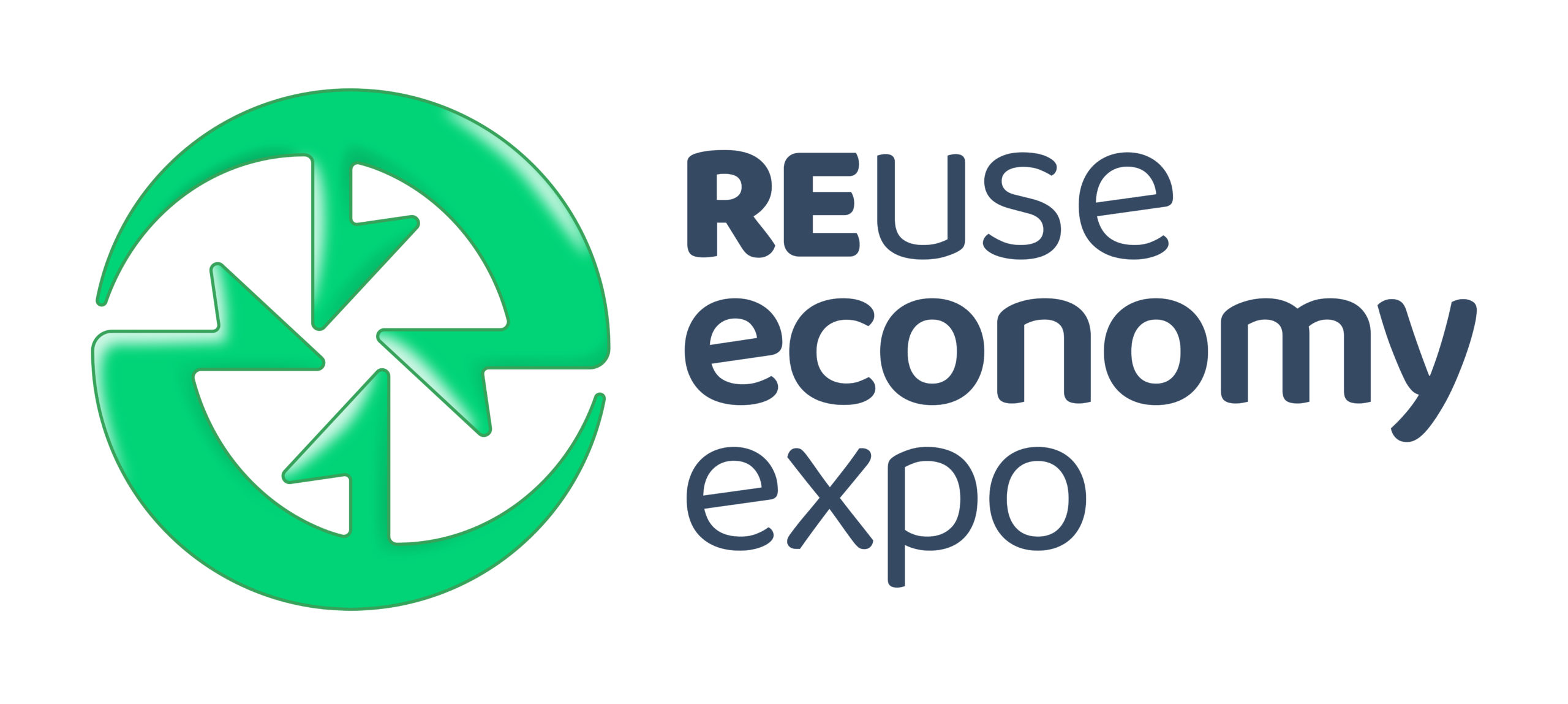Extending the lifespan of products, or giving them a second life, requires better access to reliable, accurate and standardized data. This is the challenge of the Product Circularity Data Sheet (PCDS). Behind this standard, now recognized by ISO (ISO 59040), is a key player: GIE Terra Matters, which is working to democratize it on a European and global scale. Interview with Jérôme Dierickx, managing director of Terra Matters.

Why is data crucial to the circular economy?
Today, data is at the heart of all strategic decisions. In the circular economy, it takes on an essential dimension: it makes it possible to identify the circular properties of a product, such as its recyclability, repairability or recycled content.
As Jérôme Dierickx, CEO of Terra Matters points out, “Thanks to structured, reliable information, it becomes possible to encourage recycling, reconditioning or repair, thus extending the use of products.”
In short, where the linear economy extracts, consumes and disposes, the circular economy seeks to extend, transform and reuse. But this is only possible if the right data is available, understandable and sharable.
The challenge of product complexity
Modern products are often complex assemblies of materials sourced from the four corners of the globe. Understanding what they contain, how they were made and whether they are repairable or recyclable requires a common, structured and standardized framework.
This is where ISO 59040 comes in, a real turning point for circularity players.
“A single word like ”recyclable” may not have the same meaning from one country to another. Without a common framework, interpretation becomes complex”, adds Jérôme Dierickx.
PCDS, the Product Circularity Data Sheet
Initially promoted by the Luxembourg Ministry of the Economy, the PCDS (Product Circularity Data Sheet) is one of the first ISO standards initiated by the Grand Duchy. It structures all of a product’s circularity data in the form of simple, standardized questions (around 130 in total), which are answered with “true” or “false”. Numerical ranges can also be used to quantify certain parameters, without ever compromising industrial secrets.
Thus, a CPSD can indicate whether a product:
- contains recycled materials;
- is repairable;
- includes toxic substances;
- is compatible with a second life.
“The CPSD acts like a circular product identity card, making it quick, clear and reliable to read,” explains the managing director.
Terra Matters’ mission: to facilitate adoption of the standard
Created by the Ministry of the Economy and the Luxembourg Chamber of Commerce, GIE Terra Matters‘ mission is to promote adoption of the ISO 59040 standard through an intuitive and accessible digital platform.
Creating a PCDS takes an average of 1h30, thanks to a user-friendly interface.
The tool also enables PCDSs to be exchanged and consulted, and their authenticity to be verified via digital signatures.
All while respecting confidentiality and industrial constraints.
Circulab is a trained PCDS Issuer, certified by Terra Matters
Reach out to know moreFuture prospects: interoperability, auditing and a broader ecosystem
Terra Matters’ ambitions don’t stop there. By mid-2025, APIs will enable PCDS to be automatically exported to third-party platforms, improving interoperability and the fluidity of data exchanges in value chains.
Another major new feature is the introduction of an audit function, enabling companies to have a PCDS verified by an independent third party, thereby reinforcing confidence in circular data.
Finally, in-depth work is being carried out on PCDS governance, in collaboration with industry, institutions and regulators, to build a solid, sustainable ecosystem.
“Our aim is for the PCDS to become an essential tool for regulatory compliance,” concludes Jérôme Dierickx.
A tool at the service of European regulations
The PCDS is more than just an information tool: it can also help structure and collect certain key data that will be useful in the context of growing sustainability requirements, notably those expected by European initiatives such as the Digital Product Passport (DPP), the Ecodesign Regulation (ESPR), the CSRD or the Green Claims Directive.
At a time when traceability, transparency and circularity are becoming regulatory requirements, the PCDS is establishing itself as a go-to standard, for companies and consumers alike.
Conclusion: the norm, a paradigm shift
With the adoption of the ISO 59040 standard and the PCDS, the closed-loop economy has finally become a universal, structured, understandable and compatible language. This is an important step forward, made possible by the collaboration between Terra Matters and Luxembourg. Because to extend the life of products, you first need to get to know them better – and that starts with the data.



